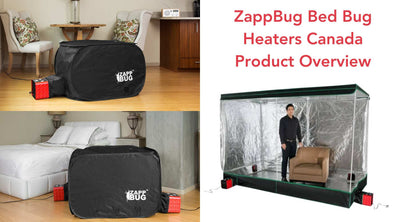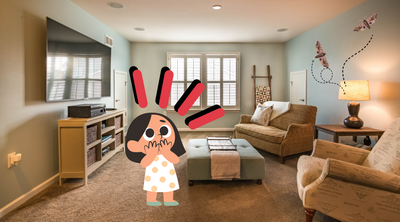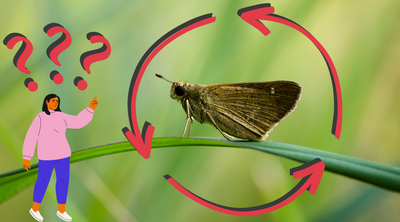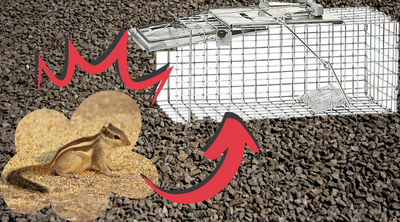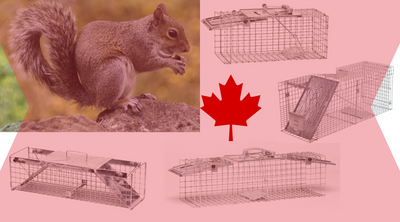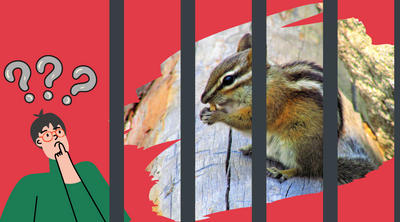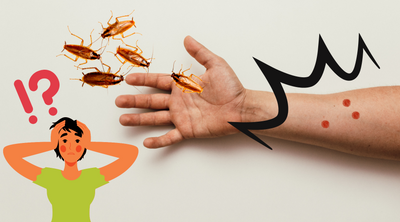Sowbugs and pillbugs are usually found in landscaped areas and home gardens all over the country. Also called roly polies, they feed mainly on organic matter and decaying plants that make them crucial in the natural process of decomposition.
But, when found in large numbers, sow bugs are known to survive on new roots, seedlings, young plants, lower leaves, leaf litter, and vegetables or fruits that lay on ground level or directly on the soil. These tiny scavengers scurry once disturbed.
They are also often found outdoors hiding under garden debris, rocks, leaves, mulch, as well as other dark and damp areas. They rarely enter houses as accidental invaders.
Once indoors, sow bugs are just mere nuisance as they cannot survive for a day or two with no water. Sow bugs don’t bite or sting and don’t cause damages on household structures.

Pest Control Tips to Get Rid of Sow Bugs
· Seal possible entry points
Make it a point to repair and seal cracks if necessary in the outside foundation wall of your home as well as around the base of doors and windows in the basement.
See to it that there are tight-fitting door sweeps under all your exterior doors. Apply caulk on the bottom outer sides and edge of door thresholds.
Ensure that you seal the expansion joints where sidewalks, sunrooms, and outdoor patios meet the foundation of your home. Gaps and expansion joints must be sealed along the base of basement walls from the inside to lessen entry of both moisture and pests from outdoors.
· Control moisture levels
Probably the most critical step on preventing sow bug invasions is proper moisture control. You can expect sow bugs to be a persistent problem if you do nothing to address damp basements and crawl space and leaks around or in your home.
Fix any leaky fixtures and pipes and other similar moisture issues around the house. Avoid overwatering your plants outside, as this will just create the best conditions where sow bugs can thrive and hang out.
When the issue is indoors, decrease your home’s humidity level. Keep your house properly ventilated, use vents and fans when possible, and let the airflow through. The goal here is to lessen the overall moisture level because sow bugs can only survive in moist environments.
Perform an inspection of moisture levels around and in your garage. Moist areas are often found in the corners of garages that can attract sow bug, pill bug, and any other pests.
· Keep your home clean
Don’t forget to clean up around your house to keep sow bugs from lingering around. Get rid of garden debris including unnecessary wooden planks and bricks and dead plants. If some firewood sits close to your house, make sure you move it away for at least 10 feet.
Moist vegetation clumps also attract sow bugs. You must clean up dead plants, dead leaves, plants in rain gutter, and large piles of mulch, piles of grass clippings, and large stones or boards with moisture under them.
· Repot your plants when the soil gets infested
If you find sow bugs in pots outdoors or indoors, just tip your plant out of its pot, scrape the soil off, then replant in fresher soil.
· Get rid of sowbugs by hand
You can manually gather those visible sowbugs around your home and those found on your garden plants. Place them inside a bucket. After gathering as many as possible, put them in a worm bed to help with vermicomposting.
You can also place them in a compost pile for them to do something useful through breaking down the organic materials. You can also put diatomaceous earth in the soil where young plants are planted. This can help keep away the sow bugs.
You can try putting coarse mulch with bark around your flowerbeds to eliminate moisture from the soil.
· Use liquid insecticides and granules
Combine liquid insecticides and granules for a complete sow bug control. Lay out the granules around your turf and garden while sow bugs are active. Reapply once every month until no more sow bug activities are noticed.
You can use broad-spectrum insecticides around ground areas and the foundation of your home until sow bugs are no longer active. You can also use insecticides to form a barrier around your house that can help keep the sow bugs out.

